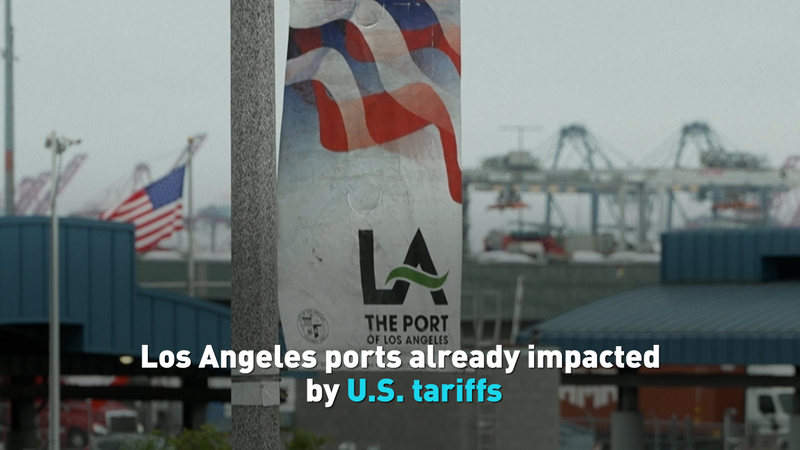Since the Trump administration rolled out sweeping tariffs on imports, California’s top gateways – the ports of Los Angeles and Long Beach – have felt the pinch. Container traffic has plunged, marking a dramatic slowdown in global shipping activity.
Analysts warn this dip isn’t just a blip: thousands of dockworkers are facing reduced shifts, and trucking, rail, and warehousing sectors are bracing for a slowdown. “We’re seeing longshore shifts cut back, and that trickles down to local logistics providers,” says a supply-chain expert.
Beyond the docks, the slowdown hits consumers and travelers: delayed shipments can mean waiting weeks for new electronics or paying more for everyday essentials. For digital nomads and global shoppers ordering the latest gadgets or fashion drops, the impact is anything but virtual.
In response, businesses are exploring workarounds: rerouting cargo through alternative ports, consolidating shipments, and investing in supply-chain tech to boost resilience. While these moves offer short-term relief, they highlight a broader shift toward diversified trade routes.
For young leaders, entrepreneurs, and changemakers tuning in from around the world, the takeaway is clear: tariffs aren’t confined to customs checks. They ripple across industries, jobs, and consumer wallets, reshaping how goods move in an interconnected economy.
Reference(s):
cgtn.com




